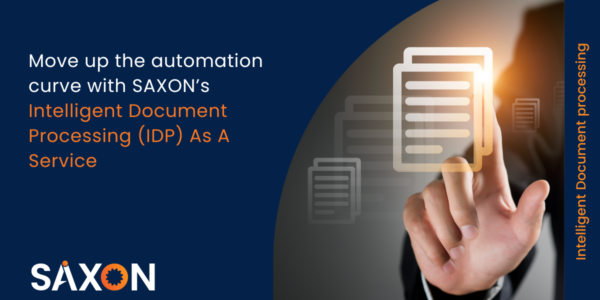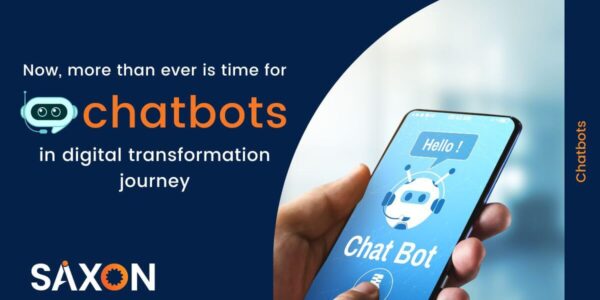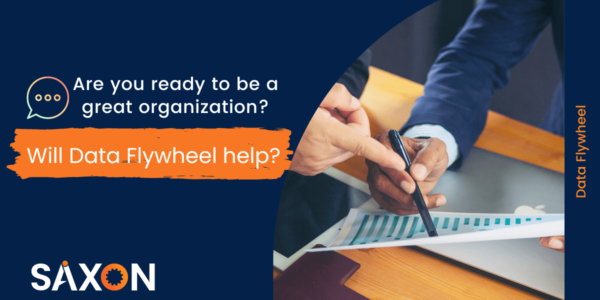Data engineering is the base for every successful data-driven company. All the activity we perform on the internet has data as the derivative. While there is a constant watch on how the field of data engineering is shaping up, there appears to be a grey spot in what the future holds.
Estimates show the world will have created and stored 200 Zettabytes of data by 2025. While few organizations are aware of the trends, there is a constant debate on the future of data engineering. What benefits an organization better? How does data engineering seep into other processes?
As a fast-growing space, data engineering is about collecting, transforming, and extracting valuable insights from the data. Data engineering is a cumulative term that involves a series of processes. While 80% of the processes are of data analytics and 20% are of data science, where we drive insights using tools and technologies. Data engineers and data scientists play a significant role in making a company data-driven. Specifically, Data engineers build and maintain data infrastructures, and data scientists get the insights. Upon the onset of a robust data foundation, data science and its charm of predictions, recommendations, etc., come into play.
For this reason, data engineering will continue to boom as more technologies are emerging in creating pipelines, building database systems, and much more. Business leaders believe that artificial intelligence (AI) and Machine learning (ML) tools and techniques will help them reduce the costs and efforts involved in data engineering. Zach Wilson says improvements in data engineering have helped data engineers simplify hundreds of codes to dozens of lines with SQL.
The present is all about distributed cloud computing. What will be the future? Let us craft a picture to foresee the trends in data engineering.
Data will become accessible, avoiding silos:
Data silos might not seem like a challenge when looking at individual processes; however, it looks more complex considering the holistic view of how the data flows internally.
It creates unforeseen bottlenecks in sharing information across the organization, eventually leading to data inconsistency and quality issues. There arises a situation for critical stakeholders to skim through different reports to get a holistic perspective leading to effective decisions.
Centralization of data is made possible with cloud computing. AI and ML techniques combined with SQL can help organizations break data silos by automating the operational processes and streamlining the required data to the respective teams. We can approach centralized data accessible across the organization with improved and well-designed data governance.
Data will become a product:
Data has become a significant element across all processes over the last decade. Organizations are aware of the benefits they experience when data quality is accurate and reflects reality. With better tools and a clear understanding of data’s true potential, organizations should start to treat data as a product.
Data as a product is how data teams can churn out true value out of the organizational data wealth. It involves the refinement of existing knowledge and information and sieving them through different processes to extract meaningful reality.
Data processes are well designed to maintain the quality of the product and meet organizational needs. The final product is often an improvised version of the native state. In due course of time, data has become a prime commodity for enterprises to gain competitive advantage and profits.
How to approach data as a product?
- Align with your internal customers – your stakeholders.
When data is your product, your stakeholders are your internal customers. Begin your journey by crafting a data product roadmap aligning with organizational objectives, deriving SLA, and following the roadmap.
- Approach the data with a product management mindset.
One of the most prominent issues organizations face today is when they approach the growth phase, their data model gets messed up as they focus on building services first and then the data. Organizations can avoid this mess when they start to treat data as a product. A strategic approach with a product management mind will help organizations efficiently build, monitor, and measure data products.
- Take advantage of self-serving tools.
Self-service tooling helps non-technical teams easily access the data, avoiding data silos. Organizations can focus on other innovative projects than fulfilling the ad-hoc requests from teams requesting data. The tooling will improve with better efficiency and reliability in the coming years.
- Prioritize data quality and reliability.
One significant component of approaching data as a product is maintaining the quality of the data by applying standards of rigor to the data ecosystem. Organizations should try to maintain data quality and reliability throughout the lifecycle of the data. Setting clear SLAs, SLIs, and SLOs to measure data quality will help organizations move towards automated and scalable data reliability.
- Know the structure of your data organization.
Organizations have critical data challenges and a defined cultural landscape. A hub and spoke model will help the teams deliver business needs quickly and efficiently without compromising data quality and governance.
Data breaches between teams will shrink:
Organizations have already solved challenges in storing, moving and visualizing data. The following more prominent issue that organizations should solve is self-serve analytics. Solving this issue will help them bridge the gap between the data producers and data consumers.
Data teams will diversify:
Organizations will see significant growth in data engineering in the coming years, and the data teams will become broader. As the investment in the data teams has increased drastically, data analysts and data engineers are performing multiple tasks. With the increasing investment, the data teams are becoming more evident that they will specialize in focusing on specific functions. These specific functions will open the door to new roles and responsibilities.
Data gap and the collective debt will shrink:
With organizations becoming more data-driven, the interlude between data producers and consumers will eventually reduce. Every investment toward self-service analytics and modernization will be instrumental in shrinking the gap in data consumption.
All the efforts toward effectively storing, managing, and retrieving data for further visualization will enhance the data quality and reduce the request spillover.
Takeaway
Data engineering deals with laying a foundation for a robust data ecosystem involving organized data flow across applications and systems. Data is a wise investment every organization makes to become more productive and profitable. The core of every data process must be designed strategically to match the organization’s needs and objectives. More data will get added to the current organizational wealth in years to come.
Enterprises should take the necessary steps immediately to initiate data modernization activities. Failing to do so, the road ahead might become more challenging and complex. If the core is not strengthened now, it will be a challenging game in the future.
Looking for data engineering services? Check this out
















